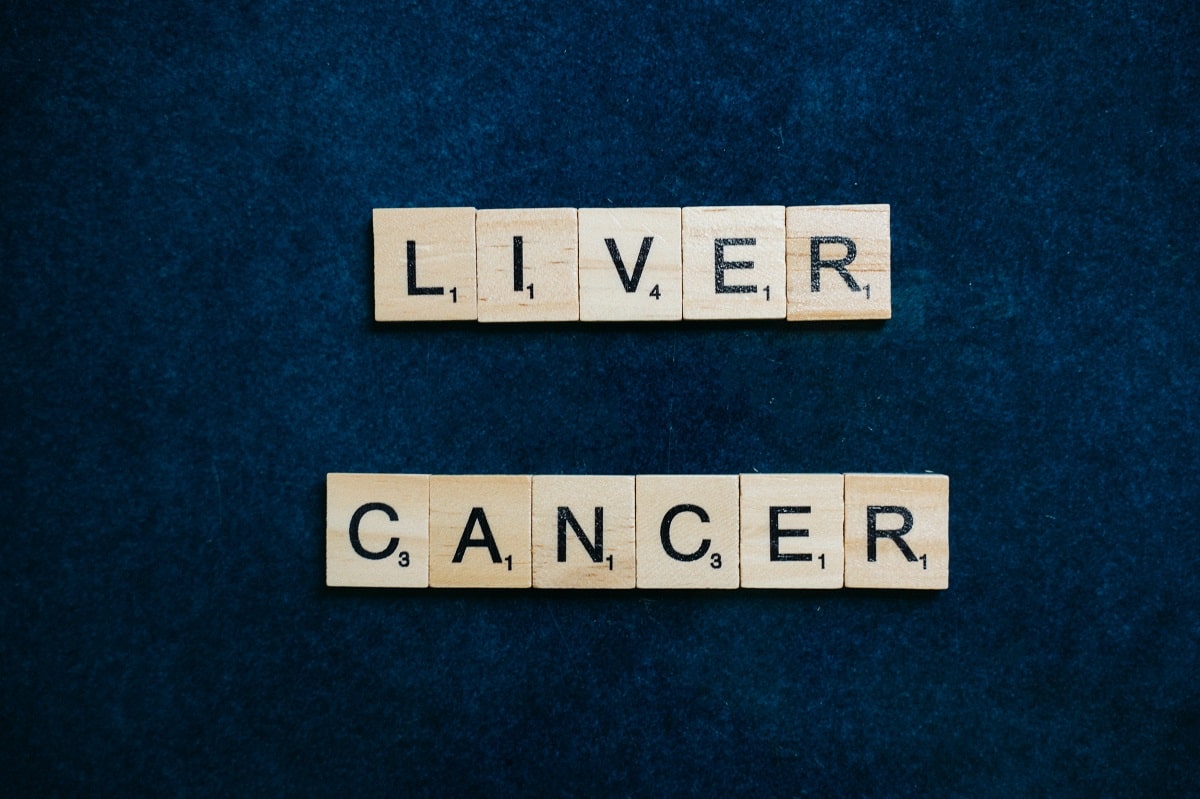![]()
Many people are diagnosed with liver cancer, and though it is relatively uncommon, it can be treated. There are many different options that people face when they choose to combat the condition. In this article, we will explore some of the most popular treatments for liver cancer and discuss which may be best for you.
What is Liver Cancer?
Liver cancer is a type of cancer that can affect the liver. It is not just limited to one type, but rather various types. There are many different types of liver cancer and many different treatment options for those with this disease. The best option for you could depend on your personal and family history of liver cancer.
Risk Factors for Liver Cancer
Liver cancer is a deadly disease that is difficult to diagnose. It’s often found early, but the cancer can be fatal if left untreated. There are many risk factors that have been found to contribute to the development of liver cancer including hepatitis B, hepatitis C, and cirrhosis. For those who have these risk factors, it’s important to get a screening for liver cancer. The five best treatments for liver cancer are: surgery, chemotherapy, radiation therapy, monoclonal antibody therapy, and interferon-alfa therapy.
Liver Cancer Symptoms
Liver cancer symptoms are often vague and difficult to determine, so it is important to be proactive when dealing with a potential diagnosis. Many people deal with the situation by thinking about their risk factors, whether they drink alcohol or not, if they’ve had hepatitis in the past, etc. There are also helpful tools you can use to help sort through your risk for liver cancer including a tool called FIB-4. This tool is available online and will give you a personalized score based on your risk for developing liver cancer.
Best Options for Treating Liver Cancer
Liver cancer is a deadly disease with no known cure. It’s second in frequency only to lung cancer and it is diagnosed more than twice as often as any other type of cancer. Liver cancer is caused by mutations in your genes that produce excessive amounts of cells that are capable of growing uncontrolled. Liver cancer can spread quickly and is usually fatal within a few months if left untreated.
A Healthy Diet and Lifestyle Tips to Prevent Liver Cancer
Liver cancer is the third most common cancer overall in the United States. It has been on the rise since the start of World War II and continues to increase at an alarming rate. Many people are unaware that there are many factors that contribute to liver cancer, and a healthy diet and lifestyle can go a long way in preventing it or reducing your risk of developing it in the first place.
Treatment Options and Side Effects
Liver cancer is a very serious condition that can be treated with different procedures. The best option for you depends on your age, weight, and other factors. One of the most popular treatments is surgery, which requires an operation under local or general anesthesia. This can cause side effects such as kidney problems, bladder tissue damage, pneumonia, bleeding, and infection. Chemotherapy is another option that may include a combination of drugs to kill the cancer cells without harming healthy cells in the body. Side effects of chemotherapy include nausea and vomiting, hair loss, mouth sores, liver damage, and alopecia (hair loss). Radiation therapy has been proven to be one of the most successful treatments for liver cancer because it destroys malignant cells that cannot be removed by other methods.
However , radiation therapy can damage normal cells and organs as well. Side effects of radiation therapy include nausea, hair loss, mouth sores, bloody vomit, wound healing delays, and skin burns. Hematopoietic stem cell transplantation (HSCT) is a procedure in which a patient’s own white blood cells are harvested from the bone marrow and transplanted back into the patient to treat cancer. This procedure has been used successfully for many types of cancers but not all types of cancers can be treated with HSCT. Before the procedure, a bone marrow biopsy is performed to obtain your stem cells. The immune system then destroys the cancer cells in your body while the stem cells are being infused into your blood stream. Stem cell engraftment can take place in as little as four weeks to as long as three months after this procedure.
Side effects of radiation therapy include nausea, hair loss, mouth sores, bloody vomit, wound healing delays, and skin burns.
